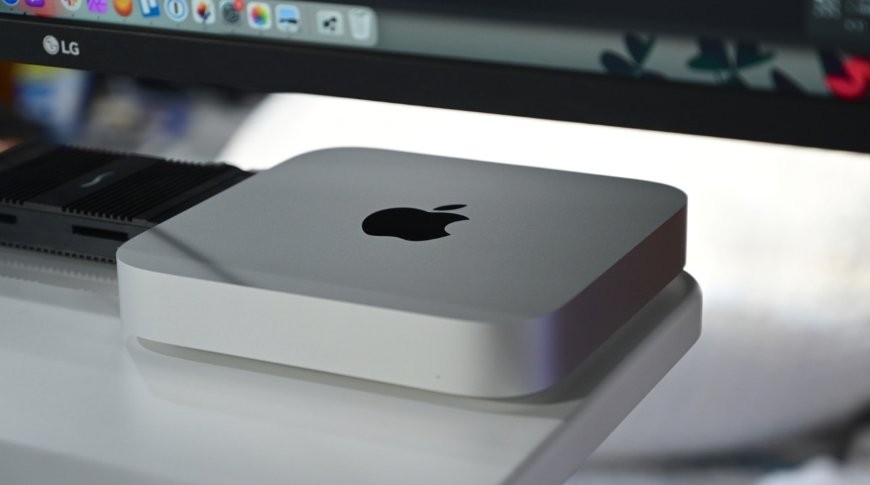Australian Radio Station Criticized After Hiding AI Host for Six Months
An Australian radio station is in trouble after it admitted that one of its hosts wasn’t a real person — but a computer-generated voice.
The station, CADA, based in Sydney, revealed that a voice named “Thy” was actually created using artificial intelligence (AI). The AI voice was made using software called ElevenLabs, which can copy human voices. Thy hosted a show called Workdays with Thy, which aired four hours a day, five days a week. On the show, she introduced songs and played popular music.
The radio station never told listeners that Thy wasn’t a real person. It only became known when a Sydney-based writer, Stephanie Coombes, asked questions in a blog post like, “What’s Thy’s last name?” and “Who is she?”
Coombes pointed out that there was no biography or background information about Thy. This made people suspicious.
Eventually, the company that owns the station, ARN Media, told the Australian Financial Review that Thy was an AI. They also said her voice was based on a real employee who works in the station’s finance department.
A spokesperson for the company said they were testing AI to see how it could be used in radio. “This is something broadcasters around the world are trying,” they said. “It gave us some good lessons.”
One big lesson, the company said, was that real human hosts are important for making radio shows interesting.
But not everyone is okay with what the station did.
Teresa Lim, vice-president of the Australian Association of Voice Actors, spoke out on LinkedIn. She said it was wrong not to tell people that Thy wasn’t real. Lim also said that AI can be helpful, but there must be rules so people know what they’re hearing.
As an Asian-Australian woman working in radio, Lim said it was upsetting that an AI was used to represent someone from her community. “There are already so few Asian-Australian women in radio,” she said. “Why not give the job to a real person?”
Lim called for new rules that make it clear when AI is being used in broadcasting. “People have a right to know,” she said.
Many listeners were shocked by the news and said the station should have been honest from the start.
AI in music and media has become more controversial lately. Fake songs made with AI copies of famous singers’ voices have spread online. For example, Celine Dion’s team recently warned fans that some songs using her voice were not real and not approved.
One fake Dion song on YouTube, a gospel cover of Heal Me Lord, has been viewed over a million times. There are also fake duets featuring her AI voice with stars like Whitney Houston and Charlie Puth.
These stories are raising questions about how AI is used in entertainment — and how honest creators need to be with their audiences.

